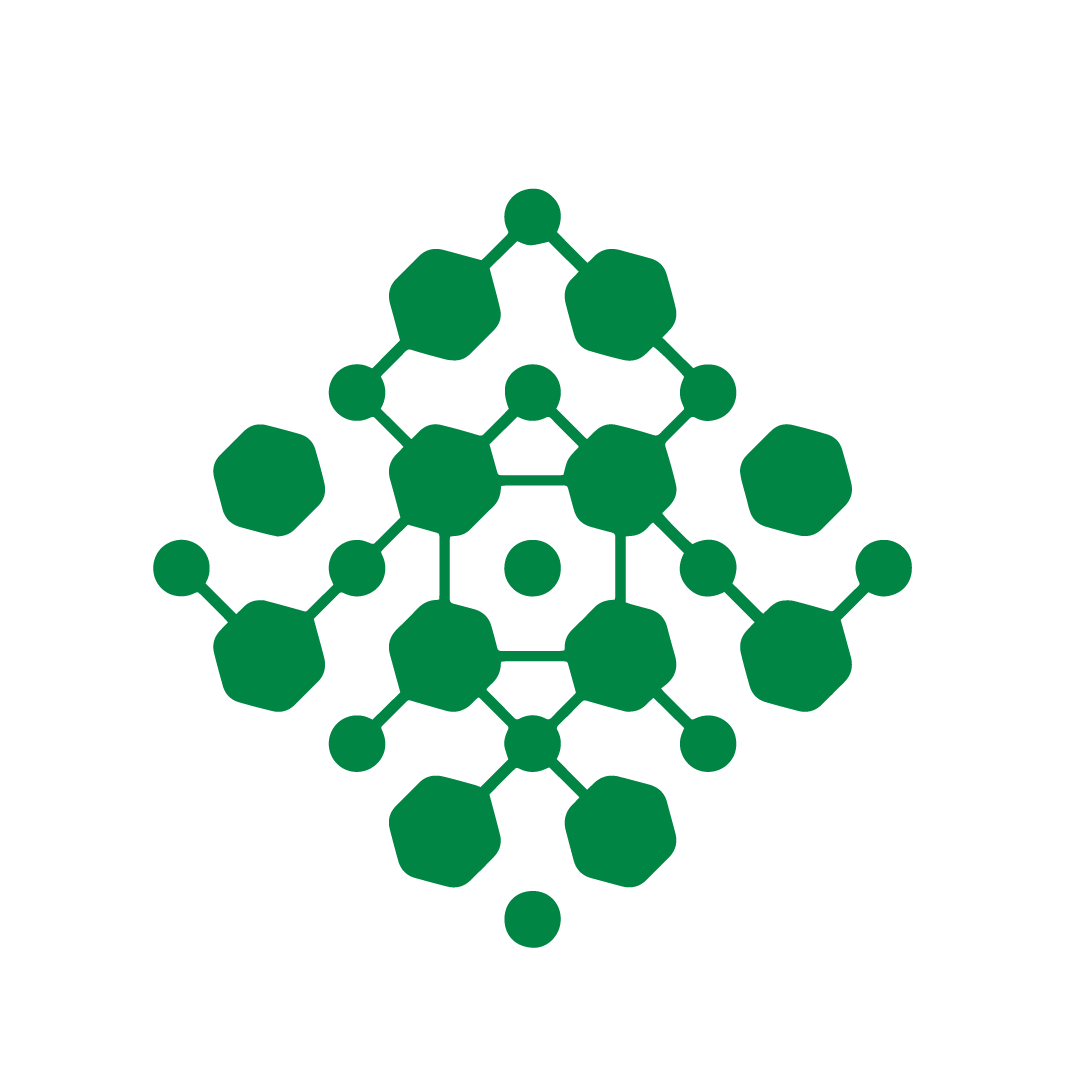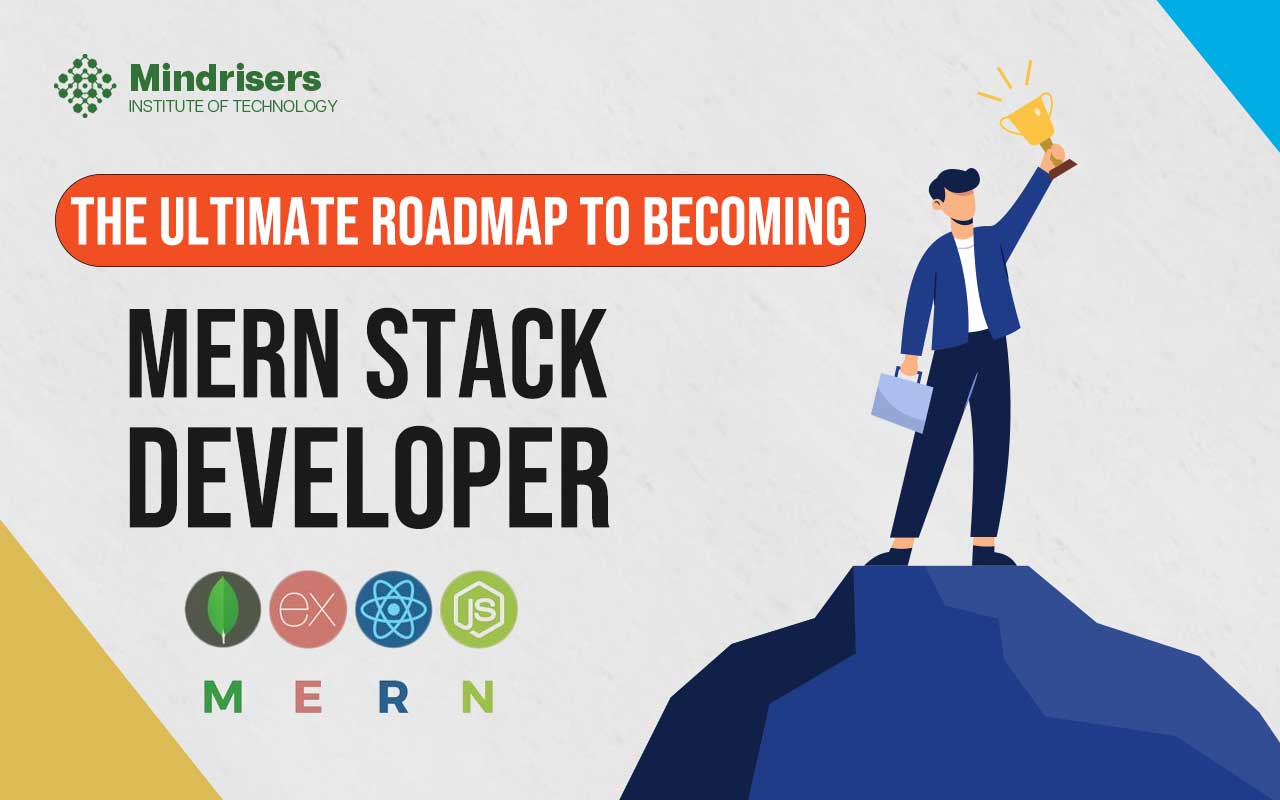
Alisha Karki - Author
2025-03-20
Are you prepared to learn how to use one of the most popular full-stack technologies, web development?
The construction of contemporary web applications has been transformed by the MERN Stack, which consists of MongoDB, Express.js, React.js, and Node.js. This manual offers a methodical approach to help you master the MERN Stack and use JavaScript throughout the whole development process.
Just Why Opt for the MERN Stack?
Because of its full-stack capabilities powered by JavaScript, MERN Stack is a popular option for developers. Because it allows for smooth front-end to back-end development without requiring a language change, it is a popular choice for both startups and large corporations.
Its widespread appeal also guarantees a plenty of educational materials, employment prospects, and community assistance.
Important Advantages of MERN Stack:
- Single Language – JavaScript is used across the stack, simplifying development
- Scalability – Suitable for small and large applications
- Community Assistance: Supported by a vibrant development community
- Flexibility – Works well with microservices and third-party integrations
- High Demand – MERN Stack developers command lucrative salaries globally
Step 1: Build Your Foundations
Mastering JavaScript, HTML & CSS
Learn JavaScript, ES6 features, asynchronous programming, and DOM manipulation thoroughly before beginning MERN-framework development. Both HTML and CSS are essential for organizing and designing your web apps.
Using GitHub and Git for Version Control
Finding out Git is essential for working together on projects and managing code changes. Platforms that facilitate smooth version control include Bitbucket, GitLab, and GitHub.
Step 2: Understanding MongoDB (Database)
A NoSQL database called MongoDB keeps information in documents that resemble JSON. Extremely scalable, it is ideal for contemporary applications.
Essential Ideas:
- CRUD Operations – Learn how to Create, Read, Update, and Delete data
- Schema Design – Understand how to structure data efficiently
- Aggregation Framework – Perform complex queries on large datasets
Step 3: Learning Express.js (Back-End Framework)
Express.js is a lightweight framework for building web apps with Node.js.
Core Topics:
- Middleware – Intercept and process HTTP requests
- Routing – Define URL paths and handle requests efficiently
- Building RESTful APIs – Create APIs that communicate with the database
Hands-on Project: Build a simple CRUD API using Express.js and test it with Postman.
Step 4: Gaining proficiency with React.js (Front-End Library)
For creating dynamic web applications, React.js is a declarative, component-based front-end library.
Essential React Concepts:
- JSX & Components – Learn how to create reusable UI elements
- State & Props – Manage data flow between components
- React Hooks – Use useState and useEffect for state management
- React Router – Implement client-side routing
Project Idea: Build a weather app or a task manager using React.js.
Step 5: Integrating the MERN Stack
Once you master individual technologies, the next step is integrating them to build MERN-stack applications. Use Axios or Fetch API to connect React with Express.js, implement Mongoose for seamless MongoDB operations, and secure authentication with JWT (JSON Web Tokens).
Project Idea: Create a MERN-stack blog platform where users can write, edit, and delete blog posts.
Step 6: Deploying and Optimizing Your Applications
Methods of Deployment:
Use platforms such as Heroku, Vercel, or Netlify to deploy projects after they have been built locally. Deployment introduces you to environment variables, database hosting, and performance optimization.
- Back-End Deployment: Host your Express.js server on Heroku or AWS
- Database Hosting: Use MongoDB Atlas for a cloud-hosted database solution.
Tips for Performance Optimization:
Reduce bundle sizes, use lazy loading, and speed up API response times to optimize your apps. You will stand out from other developers if you understand performance tuning.
- Minify JavaScript & CSS to reduce load times
- Enable Lazy Loading to improve performance
- Use Caching Strategies for faster responses
Step 7: Developing Your Capabilities and Keeping Up to Date
Explore more complex subjects to improve your abilities. Learn TypeScript to increase code stability, GraphQL to fetch data more efficiently, and Microservices Architecture to create scalable apps. Join development networks like Reddit, Stack Overflow, and GitHub as well to interact with other devs and keep current.
Maintain your expertise in the ever changing tech sector:
- Participate in Reddit, Stack Overflow, and GitHub communities.
- Follow Industry News – Stay updated with Dev.to, Smashing Magazine, and Hashnode.
- Attend Events – Learn from React Summit and Node.js Interactive.
Develop your abilities and expand your portfolio by contributing to open source.
Professional Possibilities and Development
The need for qualified MERN stack developers is only going to increase. In the current job market, MERN stack experience is quite valuable since companies are looking for experts that can manage both frontend and backend development.
Future Developments and Trends
As web development advances, new techniques and patterns appear. Keeping up with these trends enables you to modify your abilities and keep your competitive advantage in the market.
Is It Better to Use the Mean Stack or the MERN Stack?
MERN and MEAN, which substitutes Angular for React, each have advantages. While Angular's hierarchical framework is better suited for enterprise-level projects, React's component-based architecture gives MERN greater flexibility for dynamic applications.
MERN is an excellent option if you want a lean, quick learning curve.
Commonly Asked Questions (FAQs)
How much time does it take to get proficient with the MERN Stack?
Your past experiences will determine this. With regular practice, seasoned developers can learn it in two to three months, while beginners may need four to six months.
Which projects are the best for practicing MERN Stack development?
A social media app, e-commerce website, task organizer, and real-time chat application are a few excellent projects that are suitable for beginners.
Does developing MERN Stack need me to learn TypeScript?
Although not always, TypeScript can decrease runtime errors and make code easier to maintain.
Is it possible to work remotely as a MERN Stack developer?
Certainly! Since many businesses recruit remote MERN developers, it's a fantastic career path for those seeking flexibility and international employment prospects.
What is the average salary for a MERN Stack developer?
Depending on experience and region, the typical annual compensation for a MERN Stack developer in the United States is approximately $97,000, according to Glassdoor.
Conclusion
Gaining proficiency in the MERN Stack brings up a world of full-stack web development opportunities. You will be prepared to create applications of the highest caliber and develop your career if you adhere to this methodical plan, practice often, and keep abreast of industry developments.
To become a MERN Stack developer, join mindrisers to learn and begin coding now.
Recent
- 01Master MERN Stack in 30 Days – A Realistic Roadmap for Full-Stack Developers
- 02MERN Stack with AI: The Future of Intelligent Web Development in 2025
- 03The average compensation for MERN Stack developers continues to evolve in 2025| Salary Trends in 2025
- 04MERN Stack Developer: Career Insights, Duties & Growth Opportunities
Recent Post
View All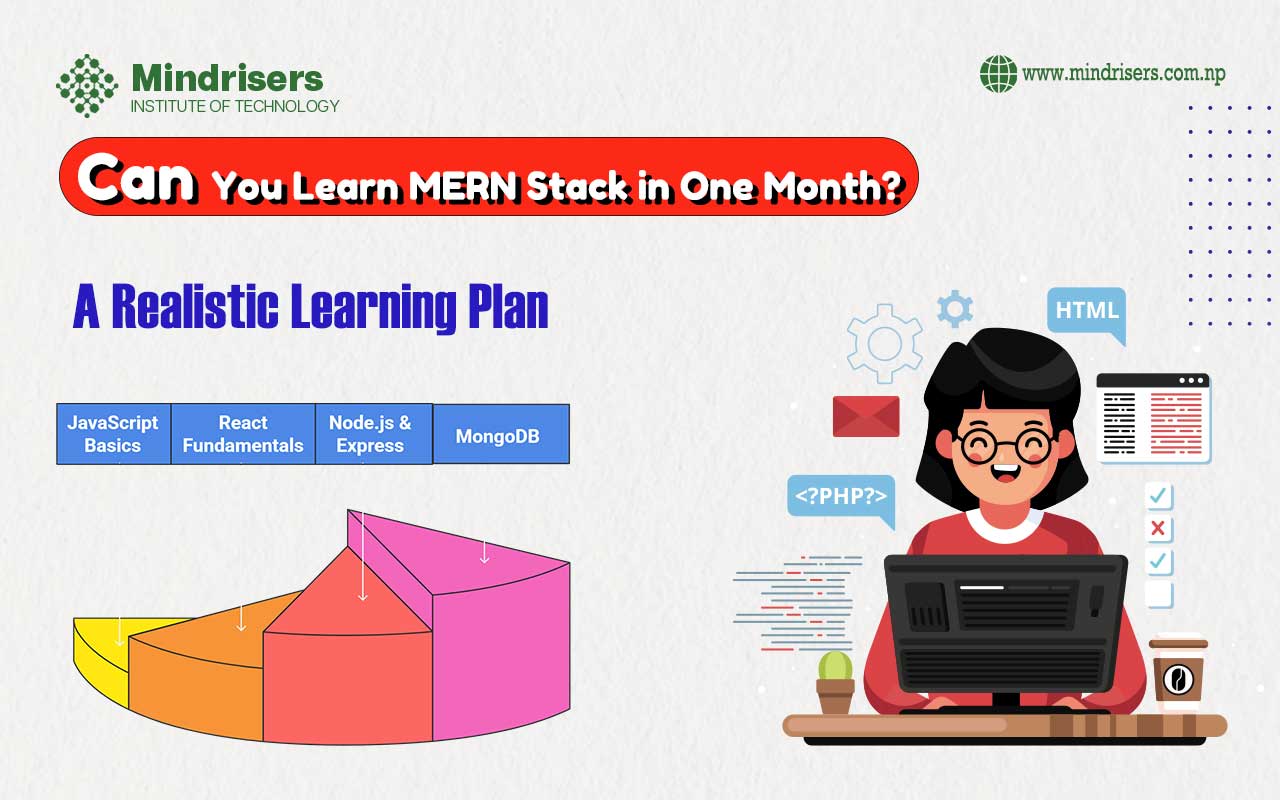
Master MERN Stack in 30 Days – A Realistic Roadmap for Full-Stack Developers
2025-03-30.520 Views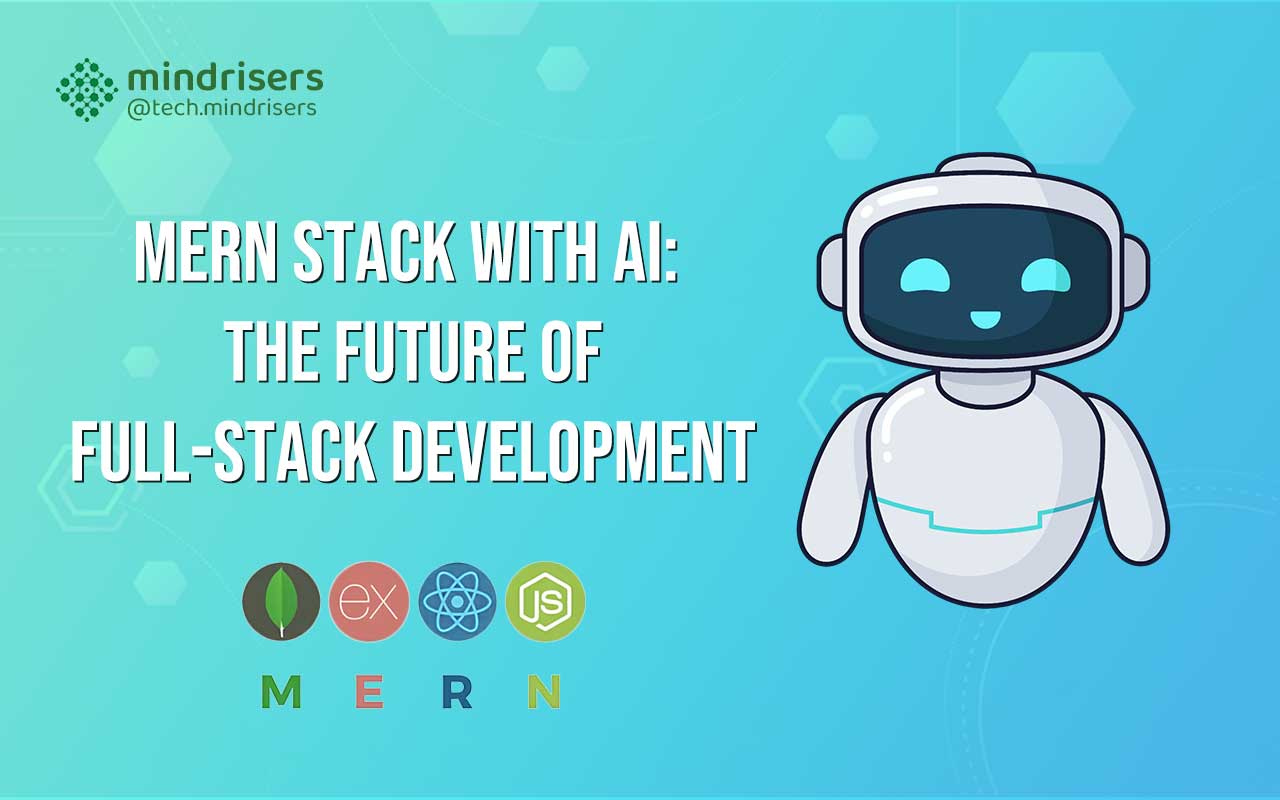
MERN Stack with AI: The Future of Intelligent Web Development in 2025
2025-03-28.357 Views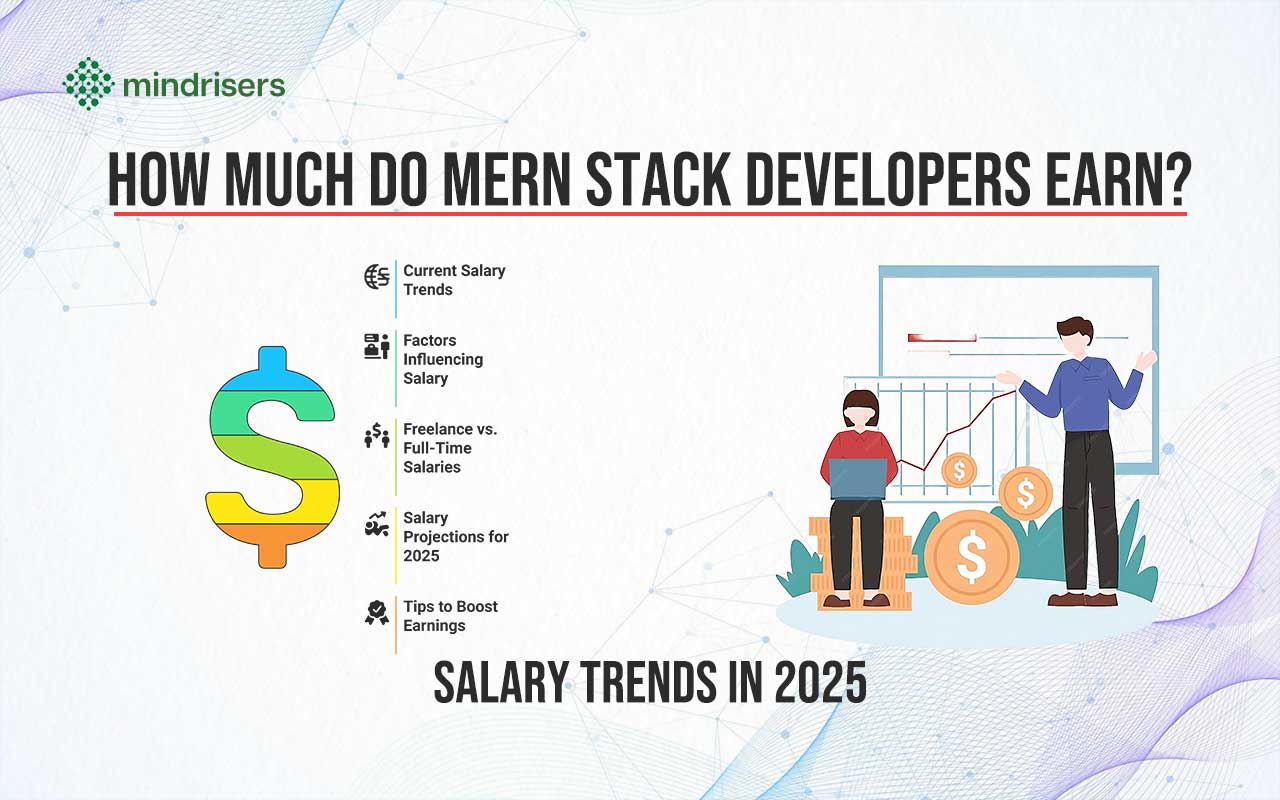
The average compensation for MERN Stack developers continues to evolve in 2025| Salary Trends in 2025
2025-03-26.448 Views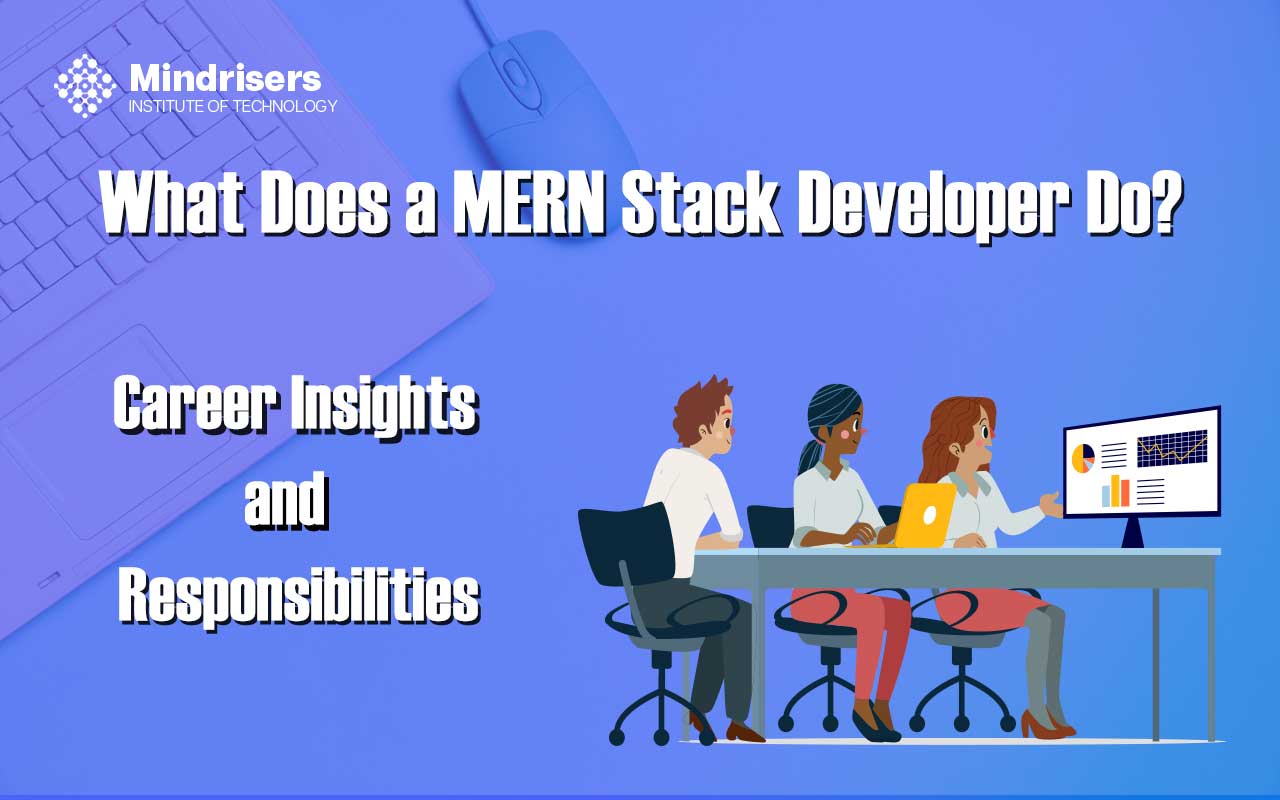
MERN Stack Developer: Career Insights, Duties & Growth Opportunities
2025-03-24.319 Views
Never miss an Opportunity !
Want to learn TOP 2025 IT Skills ?
We open IT skill classes Monthly in Design, Development, Deployment, Data etc.
Have something to Ask ?
get admission enquiry